- If you get the feeling you are being followed, go into a store or public business. Find a safe location.
- If you become suspicious of a subject, increase your walking speed. If the subject matches your speed, look ahead of you for possible ambush sites and avoid them.
- If your wallet or purse is demanded, toss them away from you.
- Yell loudly.
- Use FIGHTING WORDS: "I'm not going to let you hurt me!" Say these words boldly ... in a commanding way.
- Use mace/pepper spray in an X or Z pattern ... 12-18 inches away.
|
Have you ever felt that uneasy feeling that something just isn't right? What do you do? Ignore your gut feeling and remain oblivious of what is going on around you ... or do you take action? Here are a few things that you can do if you find yourself in an almost-unfortunate/unfortunate situation
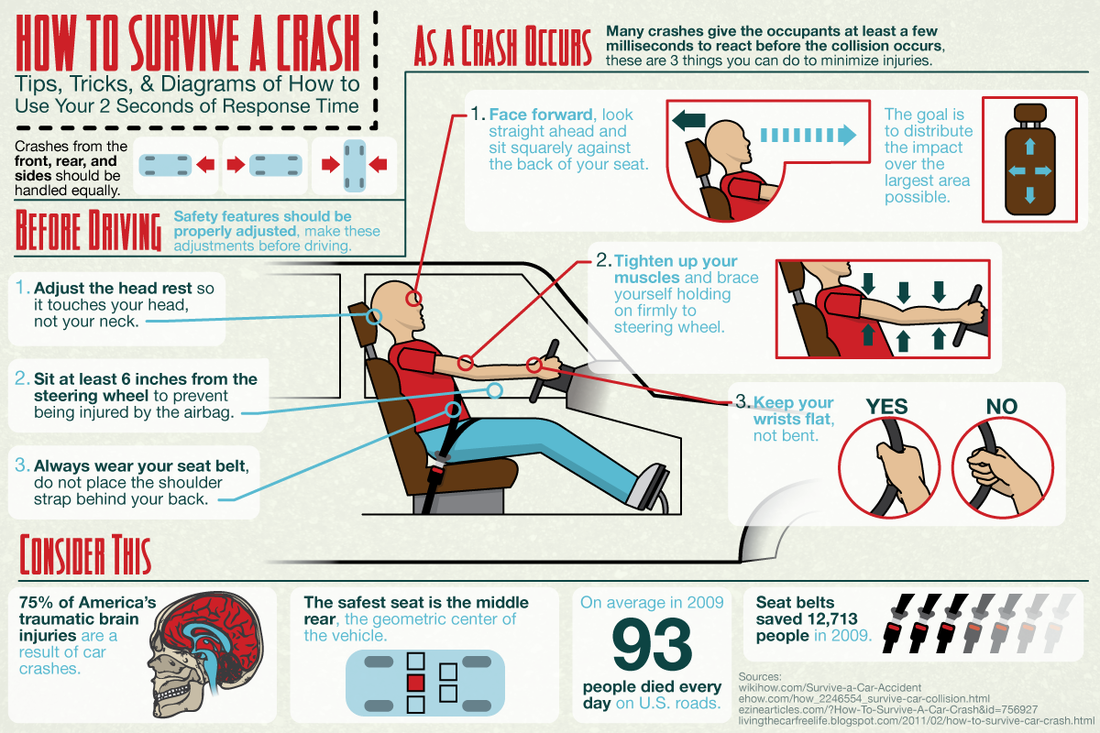 What to do if you are in an automobile accident!
If any of the above items cannot be met, then call the police non-emergency number (816.234.5111) and report the incident. The call taker will instruct how best to handle the situation from there. NON-INJURY VEHICLE ACCIDENT INFORMATION FORM Date of Occurrence: Time of Occurrence: Location: For ALL vehicles involved, collect the following information:
Collect the following information for ALL occupants of EACH vehicle:
Collect the names, phone numbers, and addresses of all of the witnesses to the accident (other than the occupants or drivers) Write a statement detailing the accident. Include each vehicle's direction of travel. Make a detailed list of the damages to each vehicle.
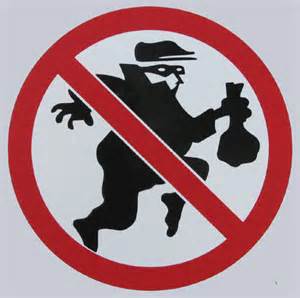 According to Good Housekeeping 2013, too many break-ins are preventable. Quiz Question #1: When are intruders most likely to break into your home? A. July and August B. April and May C. December and January Answer: (A) thieves like to strike in the summer when most people go on vacation. Home burglaries go up a bit in July and August. That doesn't mean you can be careless during the other months ... especially in December ... when electronics boxes by the curbside are signaling new, expensive toys. Hold the packaging in your garage until pickup day ... or take the packaging to a neighborhood recycling center or drop off. Quiz Question #2: Keeping a light on for the entire time you are out of town will deter burglars. A. True B. False Answer: (B) leaving the lights on can actually alert them to the fact that you are not at home. Instead, use timers on different lamps or even on a TV to make it look as if someone is inside the house. Another tip is to not allow your mail or newspapers to pile up on your porch. Putting a hold on your mail is simple. You can either go to the post office or you can register online at www.usps.com. Also avoid letting your garbage sit out for a few days awaiting pickup after you have left. Quiz Question #3: a deadbolt is the best type of lock that you can have on your doors. A. True B. False Answer: (A) a deadbolt is usually the safest option; but if you didn't change the lock when you moved in, spare keys could be floating around. Also the standard screws that secure the strike plate (the part of the doorframe that the deadbolt slides into) are only about 1-inch long, making the door vulnerable to being kicked in. Replace them with 3-inch screws to help ensure a better defense. Quiz Question #4: What height should shrubs be to deter intruders? A. 3-4 feet high B. 5-6 feet high C. 7-8 feet high Answer: (A) that is the perfect height: tall enough to make getting close to the house difficult for a burglar but short enough so he can't hide behind them. Neighbors can also see over these shrubs into your house or yard ... which is a bonus deterrent. For extra intimidation, plant thorny bushes. Quiz Question #5: You definitely need a home alarm system ... A. ... if you live in a high-crime area. B. ... in any kind of neighborhood. C. ... never! They're just not worth the money. Answer: (B) police say having a loud alarm (even if it's not connected to your local precinct) is a good idea. It attracts attention ... exactly what burglars don't want. Home-improvement stores typically carry inexpensive options ($10 and up per window) that sound when windows are jostled.
If you are like me, I give society the benefit of the doubt ... and often let my guard down by walking away from my shopping cart that is holding my 10-pound purse ... by leaving it unattended at a bar while I use the restroom ... by mindlessly leaving it in my car while my car warms up ...
If you have ever been a victim of a purse/wallet snatching, you quickly kick yourself in the butt ... and then put that Fort Knox Block back up. Avoid getting to that point and avoid being a victim by reminding yourself of a few things that you can do to protect yourself.
I'm not going to deny it ... I have the travel bug. I hear a lot of people say: "When I retire, I want to go to FILL-IN-THE-BLANK!" I can't wait until I retire to travel ... because I'm not quite sure if I will ever retire. I don't want to wake up some day years from now and have The Travel Regrets. When a travel opportunity knocks, I answer. I have been fortunate in my adult life to be able to travel to many exotic destinations. Each time I take a trip, I go through my mental list (now a physical list) to make sure my home and everything that I have left behind ... and that I (along with everything that I take with me on a trip) ... stay safe and sound.
|
Archives
April 2024
Categories
All
|
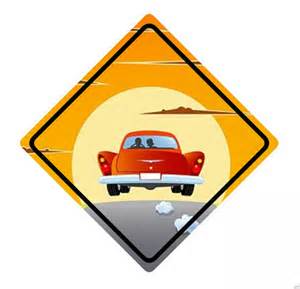






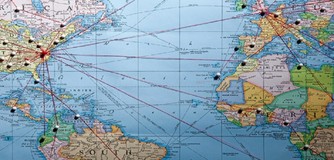
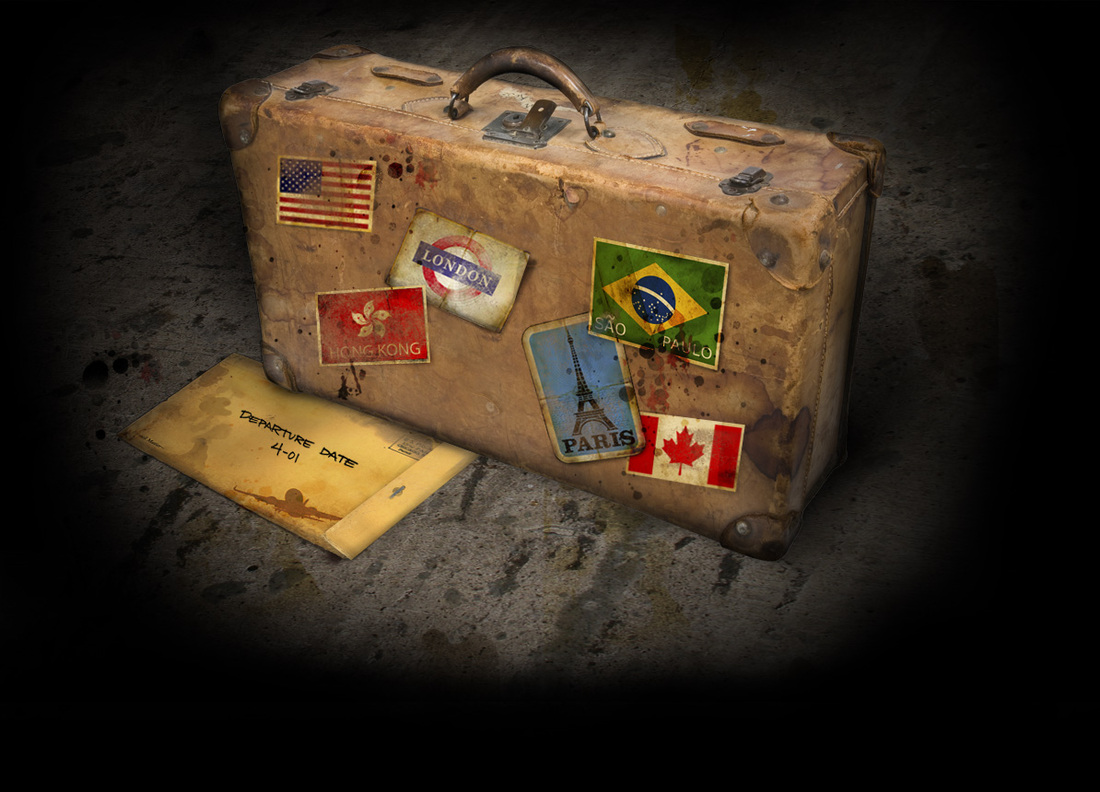

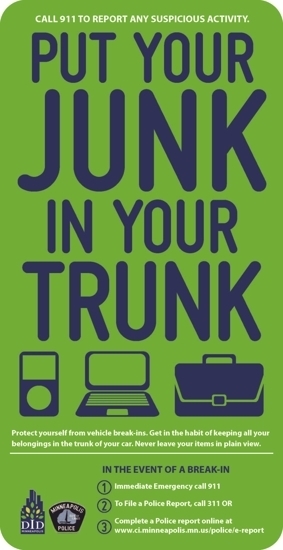
 RSS Feed
RSS Feed